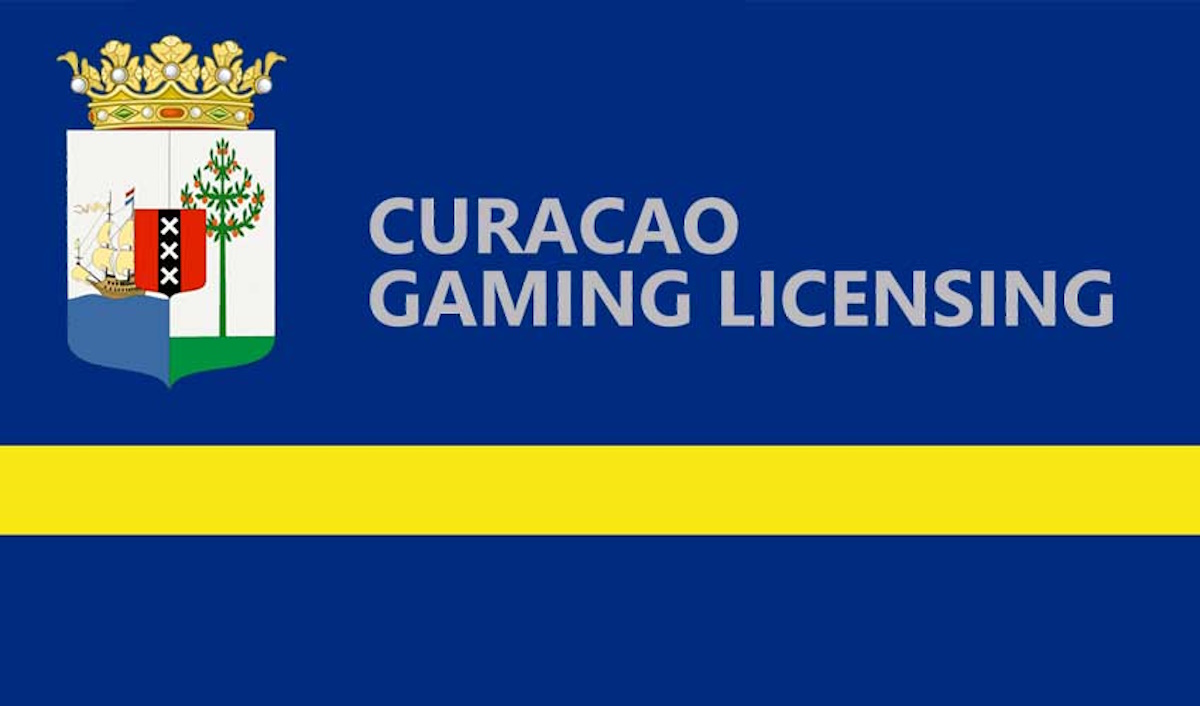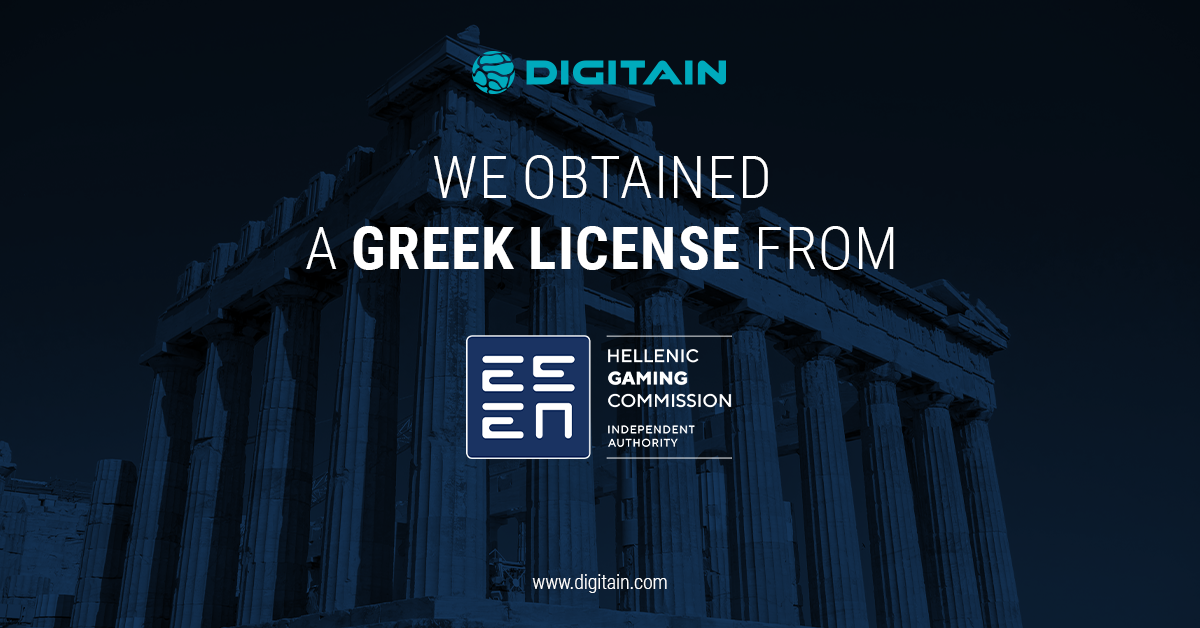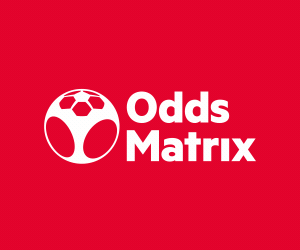Compliance Updates
Understanding the World of Sports Betting Licences

In the exhilarating world of sports betting, where fortunes can change with the swing of a ball, trust and legitimacy are paramount. This is where the concept of a betting licence comes into play. A betting licence serves as the proverbial badge of honour for sports betting companies, assuring both customers and regulatory authorities of their authenticity and commitment to fair play.
Issued by a gambling committee, a betting licence is a tangible proof of a sportsbook’s legitimacy and adherence to stringent regulations. It is more than just a piece of paper; it’s a commitment to ethics, integrity and customer protection. In this article, KT Group (https:// kioskterminals .com) delves into the intricacies of betting licences, exploring their significance, history and how they vary on opposite sides of the Atlantic.
Getting to grips with United States sports betting licences
Most states that have opened their doors to sports betting have adopted a hierarchical licensing structure. This framework imposes licensing requirements on sportsbook operators as well as on the companies that offer goods and services to these operators. This dual-tiered approach often includes an ‘operator licence’ for sportsbook operators along with either a ‘supplier licence’ or a ‘vendor registration’ for the companies in the sports betting ecosystem.
The reach of these vendor and supplier licensing requirements is extensive, casting a wide net that in some states encompasses virtually any business entity that engages with a licensed sportsbook operator. The extent of this reach is exemplified by the fact that in certain states even law firms and advertising/media agencies providing services to sportsbook operators must obtain licences.
Adding another layer of complexity, some states have divided the vendor and supplier licences into distinct categories: a higher-level ‘supplier’ (or ‘vendor major’) licence for providers whose services directly impact sportsbook operations and a lower-level ‘vendor registration’ licence for those whose services have a less direct impact. Providers navigating these regulations often find themselves grappling with the task of categorising their services and determining the appropriate licence, which can be particularly challenging in the absence of clear-cut guidelines.
To further complicate matters, licensing rules in many states incorporate ‘catch-all’ provisions, granting regulators the discretion to determine on a case-by-case basis how a specific provider should be licensed. This discretion adds an element of unpredictability, making it essential for businesses to engage with regulatory authorities and legal counsel to navigate the complex terrain of sports betting licences in the United States.
The state of play
An increasing number of states recognise the potential revenue and entertainment value it offers. Some of the early adopters include Delaware and New Jersey, both of which legalised sports betting in 2018. These states paved the way for others to follow suit, showcasing the feasibility and benefits of a regulated sports betting industry.
Building on the foundation laid by the early adopters, several states further expanded their sports betting offerings in 2020 and 2021. Colorado and Montana joined the ranks of legalised sports betting in 2020 followed by Arizona, Connecticut, Louisiana, Nebraska, North Dakota and Virginia in 2021. These states embraced both retail and mobile betting, demonstrating a growing acceptance of sports wagering as a legitimate form of entertainment and a potential source of revenue.
The momentum has continued in 2022 and 2023 as Kansas welcomed online sports betting. Vermont, while having legalised sports betting, is expected to launch online platforms in late-2023 or early-2024. States such as Massachusetts and Ohio also entered the fray, showcasing the industry’s dynamic growth.
While some states have firmly established their presence in the sports betting and lottery arena, others are still in the midst of legislative deliberations or have proposed bills in the works. States like Florida, Georgia, Minnesota, Missouri, North Dakota, South Carolina and Texas are actively considering the legalisation of sports betting. These states are evaluating the potential benefits and regulatory frameworks that would best suit their unique circumstances.
On the opposite side, there are states where sports betting remains off the table. States like Alabama, Alaska, California, Hawaii, Idaho and Utah have either opted against legalisation or are yet to fully embrace the industry. While some may cite moral or regulatory concerns, others may be waiting to observe the experiences of their neighbours before making a decision.
With each passing year, the map of sports betting legalisation in the United States continues to evolve, offering a fascinating glimpse into the intersection of entertainment, revenue generation and regulatory complexity.
Europe and beyond
Europe stands as a prominent sports betting player with a tapestry of regulations and licensing authorities. At the forefront of European sports betting regulation is the United Kingdom, a jurisdiction renowned for its robust regulatory framework.
The United Kingdom’s gambling laws, including the Gambling Act 2005 and the Gambling Bill 2014, meticulously govern the industry. These laws, which have seen amendments over the years to keep pace with the evolving betting landscape, serve as the backbone of the United Kingdom’s gambling regulation.
Enforcing these laws with a vigilant eye is the United Kingdom’s Gambling Commission. This regulatory authority is celebrated for its unwavering commitment to strict oversight, making it a trusted name in the world of betting licences. The Gambling Commission ensures that operators adhere to stringent guidelines, promoting a fair and safe betting environment for all participants.
Moreover, the Gambling Commission provides a platform for customer recourse. Individuals with complaints about betting operators can register their grievances with the Gambling Commission that, in turn, can facilitate dispute resolution through alternative dispute resolution providers.
Beyond the shores of the United Kingdom, there is an array of betting jurisdictions, each with its own set of regulations and licensing bodies. Some of the prominent licensing authorities include the Malta Gaming Authority (MGA), the Kahnawake Gaming Commission and Curacao.
It’s important to note, however, that these regulatory bodies do not mediate disputes between players and operators, protect deposited funds or provide legal advice. Their primary focus is on establishing a framework that encourages responsible gambling and ensures that operators comply with the rules.
These regulatory bodies play a pivotal role in issuing licences, regulating sports betting companies and overseeing their operations. They share a common goal: ensuring the fairness of games, safeguarding vulnerable individuals and maintaining the industry’s integrity.
The Chief Executive Officer for KT Group, Kenneth Larsen, commented on the importance of understanding sports betting licences: “Understanding sports betting is crucial in today’s dynamic landscape, where it signifies an appreciation for the intricate web of regulations, economic impact and evolving fan engagement.
“As more regions embrace and regulate sports betting, it becomes essential for individuals, businesses and policymakers to grasp its intricacies. Sports betting transcends mere entertainment, influencing various industries and shaping how we engage with sports. Therefore, comprehending sports betting is not just an option; it’s a necessity for navigating this evolving landscape effectively.”
Compliance Updates
Acquiring a Curacao Online Gaming License in 2024: Comprehensive Analysis of Financial & Procedural Aspects with Costs & Timelines Detailed

The “Acquiring a Curacao Online Gaming License, 2024: Comprehensive Analysis of Financial & Procedural Aspects with Costs & Timelines Detailed” report has been added to ResearchAndMarkets.com’s offering.
This report includes valuable insights into the financial and procedural aspects, including detailed information on costs and timelines associated with acquiring a Curacao license.
In 2023, Curacao introduced the “Landsverordening op de kansspelen” (Ordinance on Games of Chance) to modernize and regulate gambling legislation. Since March 2020, the Gambling Control Board (GCB) has been authorized to regulate offshore gambling games and oversee the issuance of Curacao licenses. As of 2023, there are 16 companies providing legal services for registration and licensing in the territory of Curacao. The license fee, as per GCB regulations, is 36,000 ANG or 19,800 USD, payable upon license issuance.
Research Timeline and Data Relevance
The research was conducted in two stages. The first stage, studying the regulator and Open Data Search, took place in December 2023. The second stage, writing the report and partially updating the data from the first stage, took place from the end of April to the end of May 2024.
Goals and Objectives
- Describe the information about the Curacao license and the issuing regulator.
- Describe the requirements and conditions for obtaining a Curacao license.
- Describe the costs and timelines for obtaining a Curacao license.
- Briefly study the market, find and suggest the following lists:
- Legal companies offering services for company registration and obtaining a Curacao license;
- Communication agents and integrators working with the Curacao license;
- Suppliers and vendors working with the Curacao license;
- Payment systems working with the Curacao license.
Key Topics Covered:
1. Goals and Objectives
2. Research Timeline and Data Relevance
- Document Markup
- Raw and Combined Data
- Terms & Glossary
3. General Information
- The Regulator
- Registration of Operators With Sublicense
- Application for an Online Gaming License
4. Requirements and Conditions for Obtaining a License
License Conditions
- General Prohibitions
- Safe and Secure Environment
- Equipment and Application Software
- Player Registration
- Payment Transactions
- Games
- Terms of Use
- Resolution of Complaints
- Administrative Responsibilities
- Publicly Available Information
- Reports
- Policies and Procedures
- Suspension and Revocation of License
- Additional Conditions
- Supervision
Recommendations or Minimum Requirements for the Business Plan
5. The Cost of the License
6. Decision Term and the Validity of the License
7. Application Method and Forms
8. Contact Information
9. Companies for Registration and Licensing
10. Integration Companies
11. Suppliers and Vendors
12. Payment Systems
13. META
14. Appendix: Terms & Glossary
For more information about this report visit researchandmarkets.com/r/izeo6g
Compliance Updates
Digitain Obtained Greek License

Digitain obtained the A1 Manufacturer’s License from the Hellenic Gaming Commission.
Digitain, a global leader in Sportsbook and iGaming solutions, has expanded its presence in European regulated market by obtaining a B2B license from the Hellenic Gaming Commission.
Iain Hutchison, Chief Revenue Officer of Digitain, said: “We are delighted that we have attained our B2B license from the Hellenic Gaming Commission. Digitain continues to expand across multiple regulated jurisdictions, and the Greek license is a further example of our vision and that of our teams’ commitment to regulatory compliance and the exemplary standards of our platform technology and focus as a company. We look forward to having our award-winning sportsbook and Centrivo platform and much more available within the Greek market as one of continental Europe’s largest and growing regulated markets.”
Compliance Updates
Hard Rock Casino NL turns to BetComply for Netherlands launch

BetComply, iGaming’s most trusted technical and regulatory compliance firm, has partnered with iCasino, securing a Dutch licence for their recently-launched Hard Rock Casino brand.
HardRockCasino.nl operated by iCasino b.v. under a brand licence agreement announced its Netherlands launch at the start of July, having worked closely with BetComply to secure a licence from the Dutch regulator de Kansspelautoriteit (KSA) in May.
The brand will continue to work with BetComply to ensure on-going compliance within the Netherlands framework.
iCasino CEO Paul Strikers said: “It’s hugely exciting to bring such a globally renowned brand to the Dutch market for the first time. We understood early on in the process that operator compliance needed to be one of our highest priorities, and that’s why we enlisted the help of BetComply and its unparalleled expertise in the Netherlands. We thank Mike and the team for their tireless and rigorous support on our successful licence application, and look forward to building upon this partnership in the future; the first step being the application for a sports betting licence.”
BetComply Chief Compliance Officer Mike de Graaff added: “The Netherlands market has attracted some huge international brands over recent months, underlining the opportunities on offer for those who build a deep understanding of their regulatory obligations. We’ve already helped more than a third of all licence holders in the country, and with the KSA taking a proactive approach across all elements of regulation, we’ll continue to support our partners, including iCasino, as market conditions evolve.”
With recent high-profile reports of serious misconduct within the iGaming compliance space, it has never been more important to pick a trusted and reliable partner, both in the Netherlands and elsewhere.
-

 Eastern Europe5 days ago
Eastern Europe5 days ago7777 gaming is now available on WINBET Romania
-

 Gambling in the USA5 days ago
Gambling in the USA5 days agoGaming Americas Weekly Roundup – July 15-21
-

 Gaming5 days ago
Gaming5 days agoMainStreaming Announces Appointment of Nicola Micali as Chief Customer Officer
-

 eSports5 days ago
eSports5 days agoINSPIRED LAUNCHES RE-PLAY ESPORTS™ FEATURING CS:GO IN PARTNERSHIP WITH KAIZEN GAMING
-

 Industry News5 days ago
Industry News5 days agoSafer Gambling Tools Use Hits Record High in 2023 – New Report from EGBA
-

 Australia5 days ago
Australia5 days agoAustralian eSports Star Joins Team Liquid
-

 eSports5 days ago
eSports5 days agoNODWIN(R) Gaming ropes in Android as title partner for BGMS Season 3; to be powered by Garnier Men
-

 Latest News5 days ago
Latest News5 days agoSpinomenal shines again with Super Wild Fruits release





















































